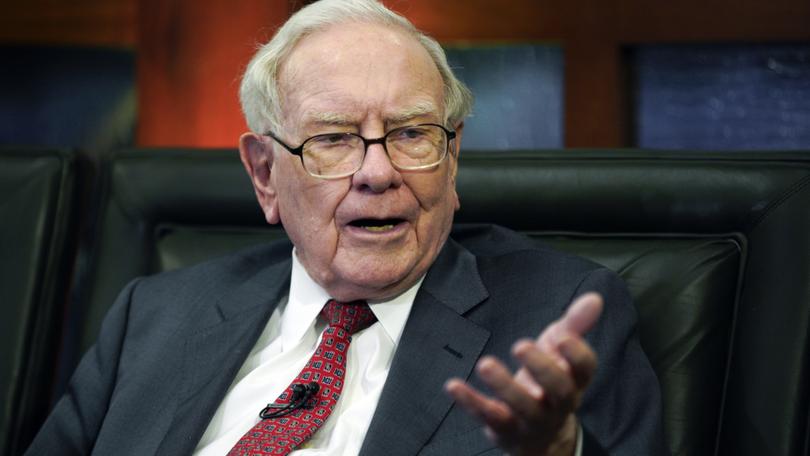Warren Buffett says this public speaking class changed his life - 4 tips from the course

Every year, before the Berkshire Hathaway shareholders meeting, hundreds of people line up outside the CHI Health Center Arena in Omaha, Nebraska, to hear Warren Buffet speak.
Some people come for investing tips. Others crave Buffet’s life advice, as CNBC Make It reported last month.
But despite his reputation, Buffett wasn’t always a natural orator. The thought of public speaking made him “physically ill,” and he specifically chose college courses to avoid talking in front of a class, he told author Gillian Zoe Segal in an interview for her 2015 book, “Getting There: A Book of Mentors.”
Sign up to The Nightly's newsletters.
Get the first look at the digital newspaper, curated daily stories and breaking headlines delivered to your inbox.
By continuing you agree to our Terms and Privacy Policy.After graduating from Columbia Business School in 1951, Buffett became determined to overcome his fear. He enrolled in a $100 public speaking course at Dale Carnegie Training, an institute named for the influential speaker and author of “How to Win Friends and Influence People” and other bestsellers.
″[The class] certainly had the biggest impact in terms of my subsequent success,” Buffett told Segal. “A relatively modest improvement [in your communication skills] can make a major difference in your future earning power, as well as in many other aspects of your life.”
Professionals can still benefit from the lessons Buffett used in that public speaking course, Dale Carnegie CEO Joe Hart told CNBC in 2019. Here are some of the more effective ways to become a better communicator:
Learn as much as you can
Carnegie himself once wrote: “Talk about something that you know and know that you know. Don’t spend ten minutes or ten hours preparing a talk: Spend ten weeks or ten months. Better still, spend ten years.”
Being an “active learner” like Buffett is important for public speaking for a number of reasons, Hart said: It can help broaden, and deepen, your knowledge on a variety of subjects.
“It’s something that’s made him very successful,” Hart added.
Talk about your own experiences
Making a speech personal is the shortest route to winning people over, Carnegie wrote. Buffett often does this in his talks, adding anecdotes from his life and career to make a point.
“Carry a sheet of paper with you for a few weeks and write down, as you think of them, all the subjects that you are prepared to talk about through experience,” Carnegie suggested.
Jot down notes, not a draft
When Buffett speaks, he rarely looks at notes: One of Carnegie’s core principles is that a good speech is never fully transcribed beforehand.
Refer to brief notes, Carnegie suggested, because reading from a script can keep you from being present.
“When you stand up to talk, you will probably find yourself trying to remember what you wrote,” he wrote. “That will keep you from speaking naturally and with sparkle.”
Get excited about the topic
Smiling, having “positive energy” and exuding confidence make a huge difference, said Hart.
Buffett became passionate about investing, money and achieving success at a young age. That enduring enthusiasm comes through in his speeches and interviews.
As Carnegie put it: “Even people with only mediocre speaking ability may make superb talks if they will speak about something that has deeply stirred them.”
